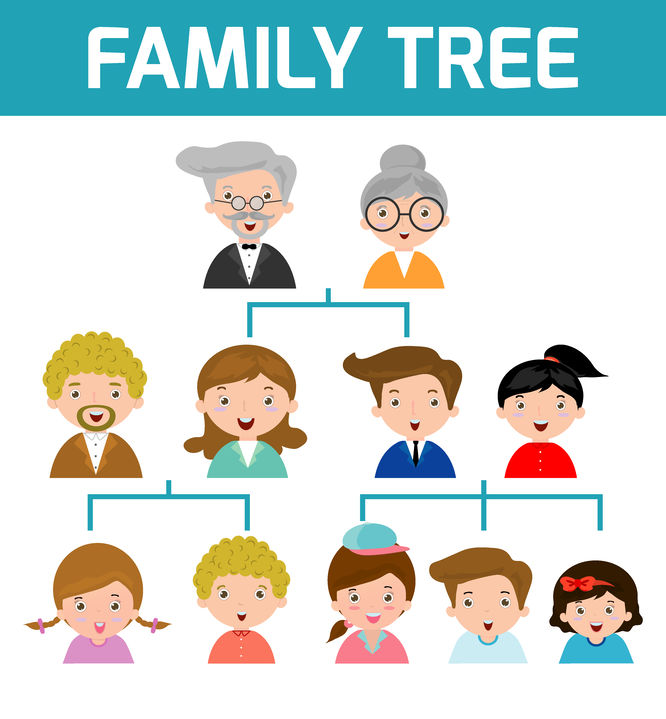What is inheritance in Florida Legal Terms?
A topic that comes up often in estate planning is how to divide up estate assets among beneficiaries. “Should I divide up my inheritance?” “Should one child get more than the other?” As estate planning attorneys, our role is not just to prepare documents and make sure things are in place for our client’s wishes and intentions to be carried out, but to also counsel and advise our clients on the best strategies given their unique situations.
In order to understand inheritance and the common legal opinions on how to distribute inheritance, it is important to first understand what inheritance means in a legal sense. Usually, inheritance refers to any property that is acquired through the laws of descent and distribution. The legal meaning of inheritance refers only to the property that transfers to a heir through intestacy, which is when a person has died intestate. Most often speaking, only the individuals spouse and relatives are entitled to the inheritance.
What are the inheritance laws in Florida?
In Florida there are guidelines and rules with how to distribute inheritance amongst your spouse and relatives. One piece of good news, is that Florida does not have an inheritance tax or estate tax, but there are other taxes that need to be completed and you can consult your Florida business lawyer with these matters. The first matter of importance when dealing with your inheritance deals with a spouse. According to Florida law, the surviving spouse of the decedent has the strongest rights to an intestate estate. Furthermore, if there are no surviving children, or the only surviving children are with the spouse, then he/she will receive the entire thing. If a spouse divorces then he/she will lose all his/her inheritance rights.
How are children dealt with in regards to inheritance laws in Florida?
Florida treats children to their own laws when it comes to inheritance. If the parent of the child dies without a surviving spouse then the child receives their parents’ full intestate estate. However, it is true that under Florida law, the biological children are the ones with the strongest inheritance rights. Whether or not the children were born within a marriage does not matter. All that matters is that the children are the biological children of the decedent. Florida treats adopted children just like biological children. However, in Florida, foster children, biological children put up for adoption, and stepchildren will not receive inheritance.
How to divide your inheritance?
Finally, another question often dealt with is if the inheritance should be divided equally amongst your children. Today, a number of growing parents believe that dividing their inheritance equally amongst their children is not necessarily fair. Some children are in greater need of inheritance then the other children, each child’s situation is often different. Most estate planning lawyers in Florida, however, will advise that you divide your inheritance equally among the children. This is because when inheritance is not divided equally amongst children, their can often be disappointment and disagreements between the family.







